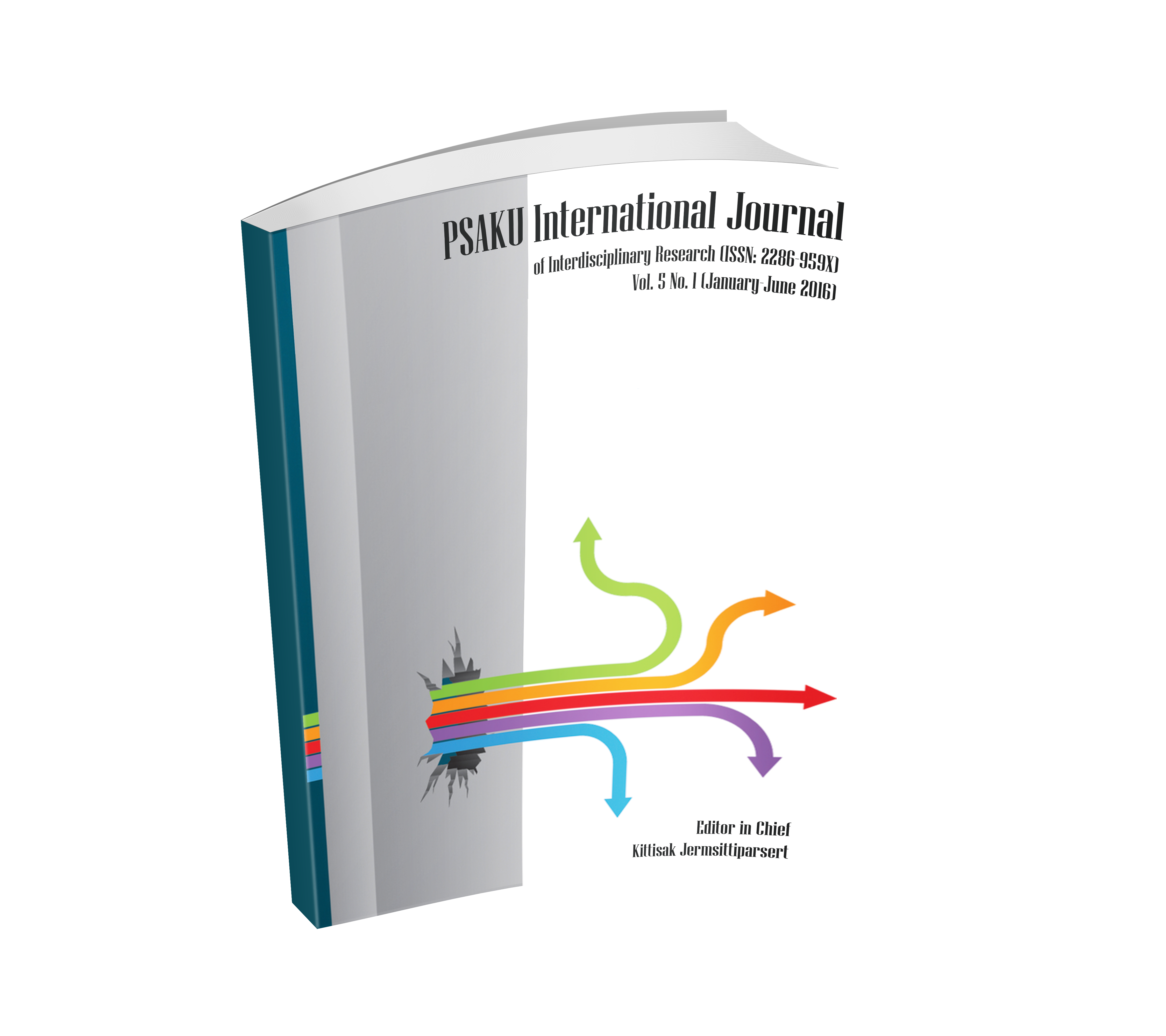Complex Conditions and Factors Determining the Success of Community Land Deeds: A Case Study of Mae Aow Village, Pasang District, Lamphun Province, Thailand
Keywords:
Community Land Deed, GIS, Factors Geo-Ecosystem, Factors Fairness, Production Systems Factors, Community-Based ManagementAbstract
Thailand has faced problems regarding land in terms landlessness, scarcity and enclosure of land in the forest areas. This has created further problems such as land conflicts, poverty among small holders and landless farmers as well as ecological degradation. There have been several measures from the government to reallocate some parts of the already destroyed forest to poor villages, through the ALRO 4-01. However, farmers still are unable to make decent production and some of them have sold their rights of use to outsiders. The most recent measure under the Abhisit Vejjajiva government was the Community Land Title Deed with the principle that all parts of the reallocated land legally belongs to the community and the community assigns the rights of use to suitable people. This new measure appeared to be promising and was expected to improve the ALRO 4-01 scheme. However, they were skeptical to the effectiveness of this community land deed, and so Mae Aow Village was used as one of the pilot sites for a case study. From reviewing literature, the researcher discovered that the legal aspects of community land deeds were not sufficient. Rather, they needed to have three principles in balance; (1) ecology (2) fairness and (3) sustainable production. These three principles must be met as a prerequisite, and then the community would be capable of managing the land and allocating it to suitable people accordingly. Finally, this research the result of the study revealed found that land allocation was not a guarantee that the situation of ALRO 4-01 would improve. Judging from three principles and the community management, (1) the ecological aspect was not suitable (2) fairness of land allocation was in favor of the rich, and (3) plots of land were not productive and sustainable. In addition, there would be expectations that this community land deed, for the case study, was more or less the same as ALRO 4-01. Therefore, this research conceptually suggested that, the three principles and management must be added to further research, and in practice, the government needed to reconsider community land deeds before launching nationwide.
Downloads












.png)


